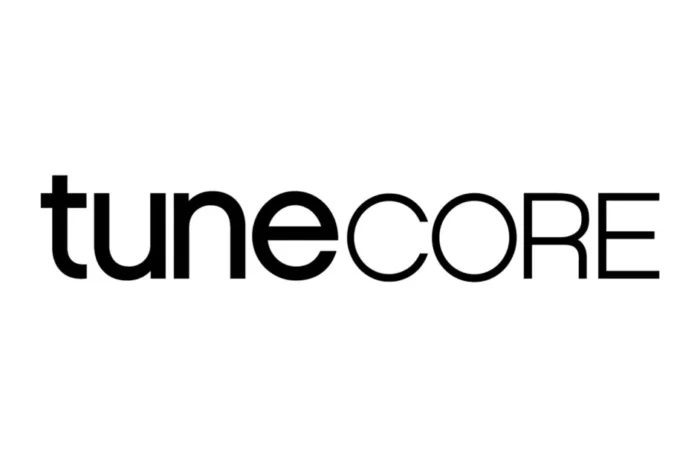The golden age of lossy, compressed LimeWire-grade nightcore mixes on all major streaming platforms may be coming to an end.
Today, Nov. 5, Universal Music Group, ABKCO and Concord Music Group have filed a joint lawsuit against Believe SAS and its subsidiary TuneCore, seeking damages to the tune of “at least $500,000,000” for “massive ongoing infringements.” In a complaint first reported by Music Business Worldwide, the titanic UMG media conglomerate and the twin companies for which it manages distribution accuse TuneCore of habitually violating their exclusive copyrights and a “brazen attempt to build its business by converting the value of those priceless recordings.”
TuneCore, acquired by Believe in 2015, is a Brooklyn, N.Y.-based publishing and distribution company that has become one of the easiest methods for independent artists to release recordings onto digital streaming services. While the platform has been key to democratizing the music industry, the speed and convenience it offers have enabled pervasive royalty theft, prompting the organization to join with competitors like DistroKid and CD Baby to form the Music Fights Fraud Alliance as a preventative measure. With its suit, UMG argues that TuneCore’s business model is not plagued, but “fueled by rampant piracy,” “turn[ing] a blind eye to the fact that its music catalog was rife with copyright infringing sound recordings.”
“From its inception, Believe recognized that it lacked the resources, creative talent and business acumen necessary to sign and develop top-level artists and create a catalog that could compete fairly with Plaintiffs,” the suit alleges. “Believe therefore made the affirmative business decision to enter into distribution contracts with anyone willing to sign one of its basic form agreements. As a result, Believe’s client list is overrun with fraudulent ‘artists’ and pirate record labels who rely on Believe and its distribution network to seed infringing copies of popular sound recordings throughout the digital music ecosystem.”
UMG’s lawsuit is its latest effort to counter the proliferation of edited tracks on streaming platforms and social media. In February, the corporation opted to remove its high-profile catalog from TikTok, which is widely regarded as the source that popularized sped-up, reverb-boosted and otherwise chopped and screwed songs among young audiences (UMG reached a new licensing agreement with TikTok in May). This listening shift is so profound that edited songs comprise as much 38.03% of all music on the social platform, per Pex, consistently defining its highest-performing content and eluding copyright detection software with even slight tweaks.
According to the plaintiffs, millions of these edited versions of high-value songs have landed on streaming platforms—“more than the number of legitimate recordings distributed by Plaintiffs and other major labels and reputable independent labels combined.” In a particularly, though inadvertently, entertaining passage, the organizations condemn TuneCore’s audacity in publishing infringing tracks with clear reference to the original artists, attributing edits to “Kendrik Laamar,” “Arrianda Gramde,” “Jutin Biber” and “Llady Gaga.” By this token, UMG and company determine that Believe “at minimum, was actually aware of facts indicating a high likelihood of infringement” and “wrongfully collects royalties it knows are properly payable by digital music services to Plaintiffs and other rightful copyright owners.”
In a statement to MBW, a spokesperson for Believe rejects the allegations put forward by UMG. “Believe and TuneCore do not comment on pending litigation,” the message reads. “As companies that work with artists and labels around the world, we take the respect of copyright very seriously. We strongly refute these claims, and the statements made by Universal Music Group and will fight them. We have developed robust tools and processes to tackle this industrywide challenge, working collaboratively with partners and peers and will continue to do so.”
As a severe counter, a spokesperson for UMG alleges, “Believe is a company built on industrial-scale copyright infringement. Their illegal practices are not limited to cheating artists on major labels but artists on independent labels as well — including artists on the independent labels within the trade bodies of which Believe is itself a member. It’s no wonder that Believe has been outspoken against the streaming reform principles for which so many major and independent labels have been advocating. Why? Because such reforms would undermine and expose their system of building scale and market presence by distributing music for which they have no rights and illegally collecting royalties to enrich themselves and their co-conspirators.”
Read the full complaint here. In April, Spotify announced an upcoming remix feature to curb fraudulent recordings on its service; learn more here.
View this post on Instagram
View this post on Instagram




No Comments comments associated with this post